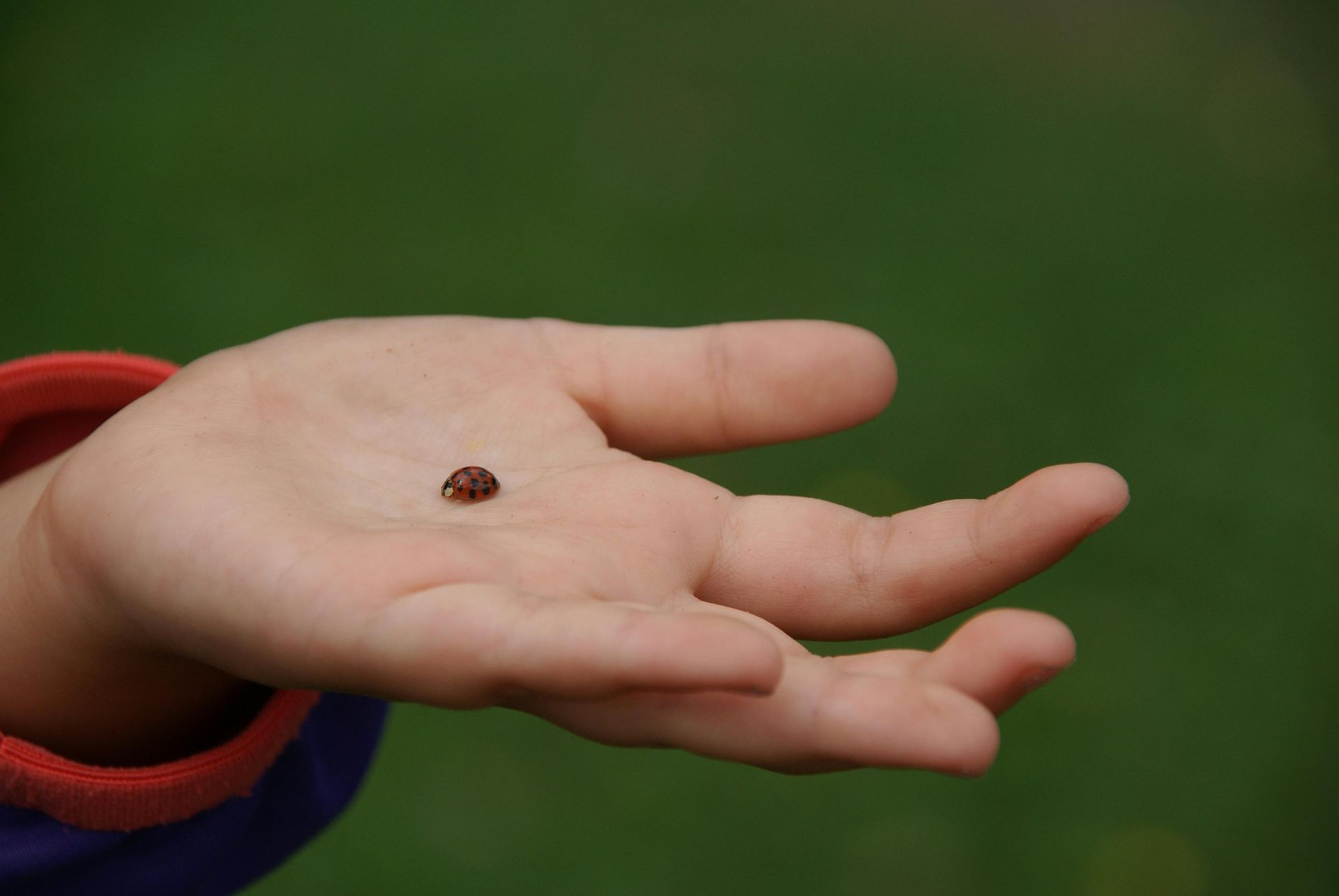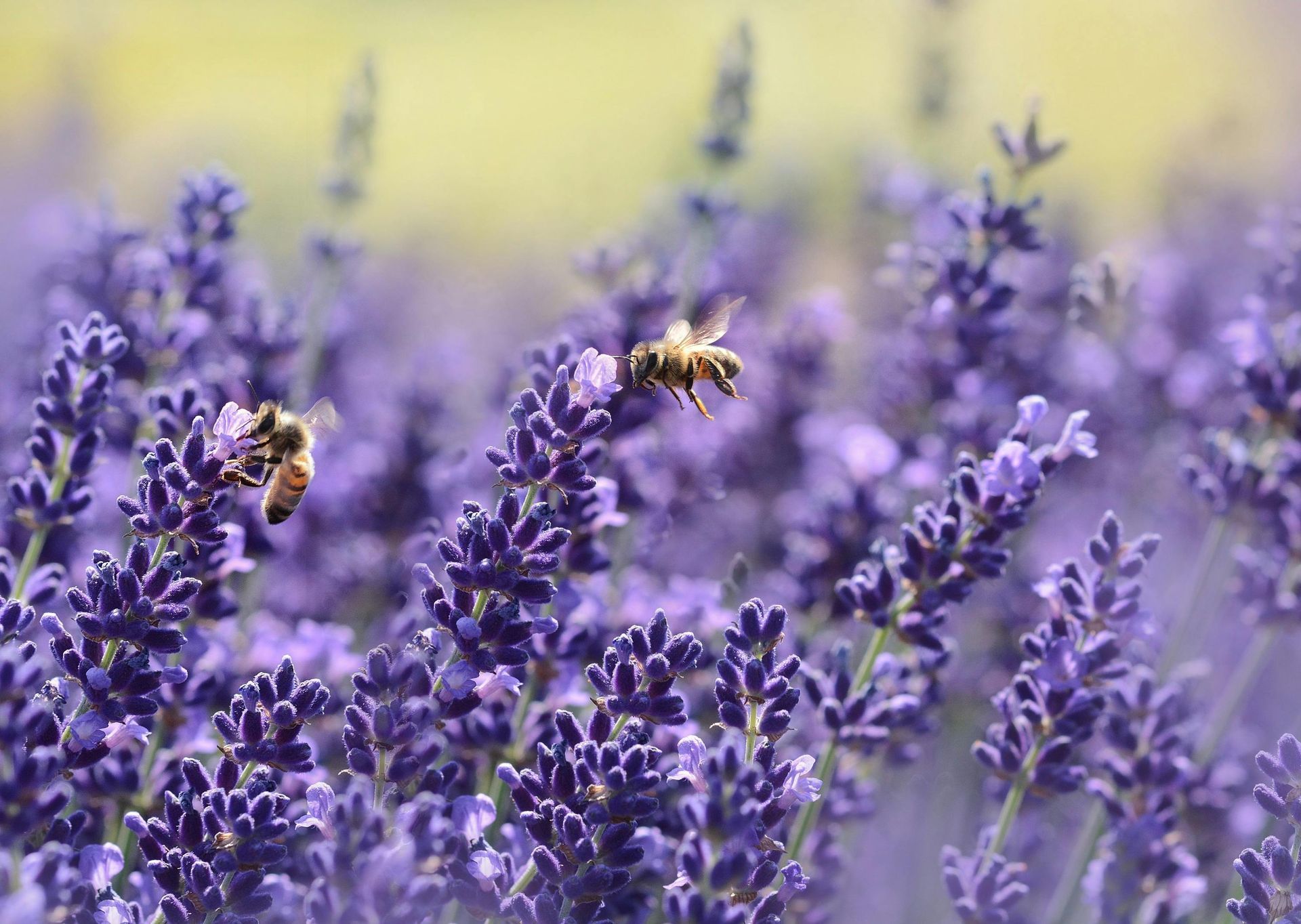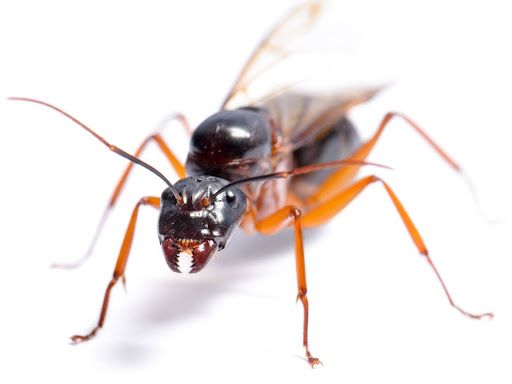Cultivating a Safe Play Space: Eco-Friendly Pest Solutions for Kid Areas
Creating a safe play environment for children is a top priority for parents, caregivers, and communities. The presence of pests in these areas poses significant health risks, making effective pest control measures essential. By understanding the dangers pests present and implementing eco-friendly solutions, we can protect children and promote their well-being.
Understanding the Health Risks Posed by Pests
Children are particularly vulnerable to the health hazards associated with pests due to their still-developing immune systems. Common pests such as mosquitoes, ants, and rodents are known carriers of diseases. Mosquitoes can spread illnesses like West Nile virus and Zika virus, while rodents are potential carriers of hantavirus and salmonella. Pests like cockroaches can trigger allergies, leading to asthma and other respiratory issues in children. The Centers for Disease Control and Prevention (CDC) emphasizes the importance of proactive measures to manage and eliminate pests from play areas to safeguard children's health.
Identifying Common Pests in Play Areas
Both indoor and outdoor play areas can attract a variety of pests. Ants, mosquitoes, and rodents are among the most prevalent nuisances. Ants are attracted to sugary foods and can quickly become problematic if food remnants are left behind. Mosquitoes thrive in standing water, making poorly drained outdoor areas particularly vulnerable. Rodents are drawn to garbage and clutter, which provide both food and nesting opportunities. Understanding the behaviors and characteristics of these pests is essential for effective management.
Ants: Tiny Invaders
Ants are notorious for invading food supplies, especially in areas where children frequently snack. Their attraction to sugary substances makes play areas with food residues a prime target. To combat this, regular cleaning and prompt removal of food waste are crucial in preventing ant infestations.
Mosquitoes: Silent Threats
Mosquitoes are not only annoying but also pose significant health risks due to their ability to transmit diseases. They breed in stagnant water, making it vital to eliminate any standing water around play areas. Installing screens on windows and doors can also help keep these pests at bay.
Rodents: Unwanted Guests
Rodents can cause structural damage and spread diseases through their droppings. They are attracted to clutter and food waste, making proper waste management and storage essential. Regularly decluttering play areas and ensuring trash bins are sealed can deter these unwelcome guests.
Eco-Friendly Pest Control Solutions
Eco-friendly pest control methods offer a safe alternative to traditional pesticides, which can be harmful to both children and the environment.
Natural solutions
such as essential oils, diatomaceous earth, and vinegar effectively deter pests without the use of toxic chemicals.
Essential Oils: Nature's Repellent
Essential oils like peppermint and tea tree oil are effective in repelling ants and mosquitoes. These oils can be applied around play areas to create a natural barrier against pests. Their pleasant aroma also makes them a popular choice for families seeking non-toxic pest control solutions.
Diatomaceous Earth: A Natural Insecticide
Diatomaceous earth is a natural substance that dehydrates insects, effectively eliminating them. It can be sprinkled around play areas to deter crawling pests. Safe for both children and pets, diatomaceous earth is an environmentally friendly option for pest control.
Vinegar: A Versatile Solution
Vinegar is another eco-friendly option for pest control. Its strong scent deters ants and other insects, making it a practical solution for indoor play areas. Vinegar can be used in cleaning solutions to maintain a pest-free environment.
Implementing Preventative Measures
Preventing pest infestations in play areas requires a proactive approach.
Regular cleaning and maintenance
are fundamental strategies to deter pests. This includes promptly cleaning up food and drink spills, ensuring trash bins are sealed, and removing any standing water that can attract mosquitoes.
Regular Cleaning and Maintenance
Maintaining a clean play environment is crucial in preventing pest infestations. Regularly sweeping and mopping floors, wiping down surfaces, and promptly disposing of food waste can deter pests from invading play areas. These simple practices can make a significant difference in keeping pests at bay.
Structural Modifications
Structural modifications can also play a role in pest prevention. Installing screens on windows and doors can keep mosquitoes and other flying insects out. Sealing cracks and crevices in walls and floors can prevent ants and rodents from entering indoor play areas.
Landscaping Choices
Landscaping choices can naturally deter pests from outdoor play areas. Selecting pest-resistant plants and maintaining a well-groomed garden can reduce the likelihood of pest infestations. Proper drainage and removal of standing water are also essential in preventing mosquito breeding.
Educating Children and Families
Educating children and families about pest safety and hygiene is an important aspect of maintaining safe play areas. Teaching children to recognize and avoid pests can help prevent bites and stings. Parents can encourage their children to report any pest sightings and practice good hygiene, such as washing hands after playing outside.
Teaching Pest Awareness
Children should be taught to identify common pests and understand the risks they pose. By recognizing pests like mosquitoes and ants, children can take precautions to avoid bites and stings. Education can empower children to take an active role in maintaining a safe play environment.
Promoting Good Hygiene
Good hygiene practices can reduce the risk of pest-related health issues. Encouraging children to wash their hands after playing outside and before eating can prevent the spread of germs and reduce the likelihood of allergic reactions. Simple habits can go a long way in protecting children's health.
Community Initiatives
Community initiatives and programs in Nevada and Idaho promote safe play spaces and pest control awareness. Local events and workshops in cities like Reno, Sparks, Carson City, Boise, and Meridian offer valuable resources and education for families. These initiatives foster a community-wide commitment to maintaining safe and healthy environments for children.
Case Studies and Success Stories
Several families and communities in Nevada and Idaho have successfully implemented eco-friendly pest solutions, resulting in healthier play environments. For instance, a community in Boise adopted natural pest control methods in their local park, significantly reducing mosquito populations and improving the overall safety of the area. This initiative faced challenges, such as initial skepticism and the need for community buy-in, but the positive outcomes have been substantial.
Boise Community Park
The Boise community park serves as a successful example of eco-friendly pest control. By adopting natural methods, the park has seen a noticeable decrease in mosquito populations. The initiative has improved safety and increased community engagement in maintaining a healthy environment.
Reno Daycare Center
In Reno, a family-owned daycare center transitioned to using essential oils and diatomaceous earth for pest control, leading to a noticeable decrease in ant and mosquito problems. The success of these efforts has been highlighted in local news stories, showcasing the benefits of eco-friendly pest control and increasing community awareness.
Community Impact
These success stories demonstrate the positive impact of eco-friendly pest control solutions. By prioritizing safe play areas through effective pest management, communities can protect children from the health risks associated with pests. Eco-friendly solutions provide a sustainable and safe approach, ensuring that children can enjoy their playtime without the threat of pests.
Ensuring safe play environments for children requires a comprehensive approach to pest control. By understanding the health risks posed by pests and implementing eco-friendly solutions, we can protect children and promote their well-being. Regular cleaning, structural modifications, and education are key strategies in preventing pest infestations. Community initiatives and success stories in Nevada and Idaho highlight the effectiveness of natural pest control methods. By prioritizing safety and sustainability, we can create play areas where children can thrive without the threat of pests.
For expert assistance in creating a safe and pest-free play environment, reach out to Natura Pest Control today. Our team is dedicated to providing eco-friendly solutions tailored to your needs, ensuring the safety and well-being of your children.




